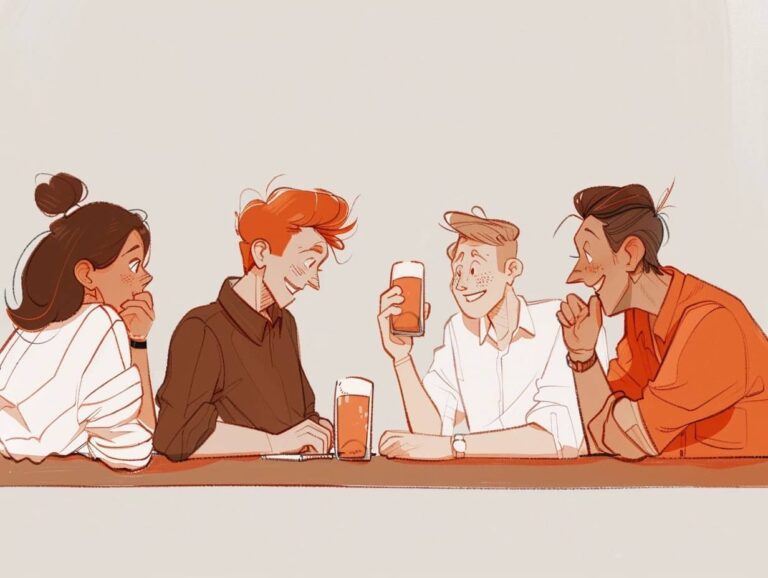The Physical and Emotional Difficulties Children with Cerebral Palsy Have to Go Through

Cerebral palsy (CP) is a lifelong condition that affects a child’s movement, muscle tone, and posture. The condition is a result of brain damage that occurs before, during, or shortly after birth.
For children with CP, life can be a series of challenges—both physical and emotional. These difficulties can impact not only the child but also their families, requiring an immense amount of care, patience, and support.
The Role of Families and Legal Advocacy
Families of children with CP often work tirelessly to ensure their child has access to the therapies, treatments, and support systems they need to thrive. However, the financial burden of medical care, adaptive equipment, and specialized education can be overwhelming.
In instances where cerebral palsy is the result of medical negligence—such as errors during labor and delivery—one can hire a lawyer experienced in cerebral palsy cases. These legal professionals understand the complexities of birth injury cases and can help families seek compensation for medical expenses, therapy costs, and future care needs.
Physical Challenges
The physical struggles faced by children with CP depend largely on the severity of the condition. Common physical difficulties include:
- Limited Mobility: Many children with CP have difficulty walking or cannot walk at all. They may rely on wheelchairs, walkers, or other assistive devices for mobility.
- Muscle Stiffness and Spasms: Muscle tone issues often lead to stiffness or involuntary spasms, making everyday activities such as dressing, feeding, or writing challenging.
- Coordination Problems: Tasks requiring fine motor skills, like holding a pencil or using utensils, can be particularly tough due to poor coordination.
- Speech and Swallowing Difficulties: For some children, CP affects their ability to speak clearly or swallow properly, which can lead to additional health complications such as malnutrition or respiratory issues.
- Chronic Pain: Physical discomfort or pain is common due to muscle tightness, joint issues, or related conditions like scoliosis.
Emotional Struggles
The emotional difficulties children with CP face are often as profound as the physical ones. Common emotional challenges include:
- Feelings of Isolation: Children with CP may struggle to form friendships, particularly if their condition limits their ability to participate in activities enjoyed by their peers.
- Frustration and Anxiety: Tasks that others take for granted, such as playing a sport or navigating a crowded classroom, can lead to frustration and a sense of inadequacy.
- Bullying and Stigma: Sadly, children with CP may encounter bullying or insensitive comments from others, further impacting their self-esteem.
- Mental Health Challenges: Depression and anxiety are not uncommon, especially if a child feels unsupported or misunderstood.
Supporting Children with CP
Despite the difficulties, children with cerebral palsy are often incredibly resilient. With the right support, they can lead fulfilling lives. Physical therapy, speech therapy, and adaptive technologies can significantly improve their quality of life.
Additionally, fostering an inclusive environment at school and in the community can help children feel valued and accepted.
Final Thoughts
By understanding their physical and emotional struggles, we can create a more inclusive and compassionate society. For families navigating the complexities of CP, seeking legal guidance when necessary can provide much-needed relief and pave the way for a brighter future.


